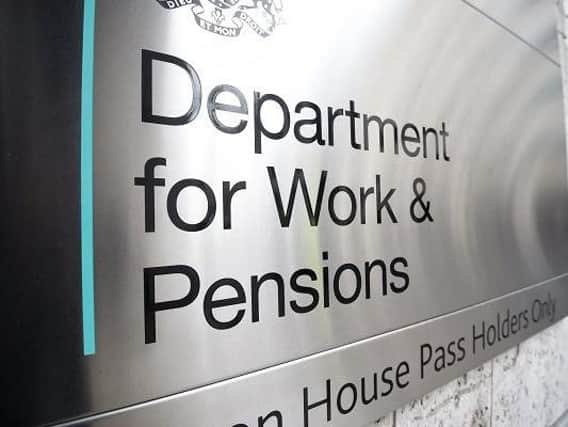CHARLES GRAHAM: How to tackle the state pension conundrum


And there will be many of us wondering whether the current administration would have the nerve to introduce a policy that might save the welfare state but cause mass public outrage in the process.
I’m talking about this think tank suggestion that over the coming years, the retirement age should be increased to 75 by 2035.
Advertisement
Hide AdAdvertisement
Hide AdTo those who love their jobs, are fit and healthy and the thought of calling time on their careers fills them with dread, this holds no fears.
To many more, I suspect, it will send cold shudders down their spines.
The prospect of working at a physically tough or hugely stressful job (builders, teachers for instance) for more than half a century could be viewed as tantamount to a death sentence for some. It also seems cruel to be moving that promised land of retirement further away from people as they pay ever longer into the public pension pot through decades of taxation.
But we have to consider a few hard facts and figures too from the other side of the argument.
Advertisement
Hide AdAdvertisement
Hide AdWhen the state pension was first introduced in 1908 the retirement age was set, you may be surprised to learn, at 70.
In 1942 it was put in statute that it be 65 for men and 60 for women and so it remained at these levels for decades until controversial measures were taken to make it 65 for everyone.
But in 1942 a woman’s life expectancy was 66.7 years and a man’s was just 60.6! In other words a heck of a lot of men were dying before they could claim a penny from the state.
Since then life expectancy has risen steadily (plateauing slightly in the last couple of years).
Advertisement
Hide AdAdvertisement
Hide AdBut it still means now that a system that was workable when established to give folk with very little time left on this planet a helping financial hand is now seeing pensions paid out to many for decade after decade. The ratio between people of a working age paying income tax and those enjoying retirement welfare is ever more unbalanced each year.
Already steps have been taken to push the retirement age up to 67 then 68. But, sad to say, that isn’t going to be enough in the long run, unless life expectancy starts declining again.
After 40-plus years in a job, I think anyone deserves to down tools if they want to. Answers please on alternative ways of tackling this crisis will be gratefully received.